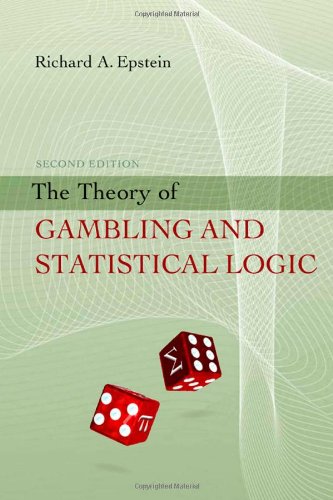

Most ebook files are in PDF format, so you can easily read them using various software such as Foxit Reader or directly on the Google Chrome browser.
Some ebook files are released by publishers in other formats such as .awz, .mobi, .epub, .fb2, etc. You may need to install specific software to read these formats on mobile/PC, such as Calibre.
Please read the tutorial at this link: https://ebookbell.com/faq
We offer FREE conversion to the popular formats you request; however, this may take some time. Therefore, right after payment, please email us, and we will try to provide the service as quickly as possible.
For some exceptional file formats or broken links (if any), please refrain from opening any disputes. Instead, email us first, and we will try to assist within a maximum of 6 hours.
EbookBell Team

4.8
24 reviewsEarly in his rise to enlightenment, man invented a concept that has since been variously viewed as a vice, a crime, a business, a pleasure, a type of magic, a disease, a folly, a weakness, a form of sexual substitution, an expression of the human instinct. He invented gambling.
Recent advances in the field, particularly Parrondo's paradox, have triggered a surge of interest in the statistical and mathematical theory behind gambling. This interest was acknowledge in the motion picture, "21," inspired by the true story of the MIT students who mastered the art of card counting to reap millions from the Vegas casinos. Richard Epstein's classic book on gambling and its mathematical analysis covers the full range of games from penny matching to blackjack, from Tic-Tac-Toe to the stock market (including Edward Thorp's warrant-hedging analysis). He even considers whether statistical inference can shed light on the study of paranormal phenomena. Epstein is witty and insightful, a pleasure to dip into and read and rewarding to study. The book is written at a fairly sophisticated mathematical level; this is not "Gambling for Dummies" or "How To Beat The Odds Without Really Trying." A background in upper-level undergraduate mathematics is helpful for understanding this work.
Richard Epstein's website: www.gamblingtheory.net